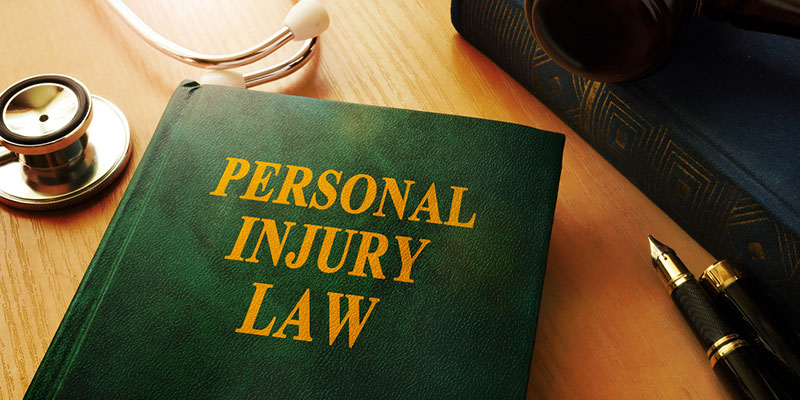Although most business owners do everything they can to protect themselves from legal disputes, personal injury claims are among the most common lawsuits a business may face. If an employee or customer is bringing a lawsuit against your company, it’s important to understand your options when it comes to personal injury defense. Here are five common personal injury defense strategies that legal defense teams may use to have a case dismissed or win the case in favor of their client.

- Mitigation of damages: This strategy entails the defense arguing that the plaintiff neglected to take appropriate action to decrease the damages sustained. For example, the personal injury defense team may use this strategy if a plaintiff did not seek appropriate medical attention after an injury but later files a personal injury claim.
- Assumption of risk: In this case, the defense argues that the plaintiff chose to participate in an activity that they were aware was potentially dangerous. Injuries from sporting events or recreational activities are common examples where a defense team may use the assumption of risk defense.
- Statute of limitations: The statute of limitations is a law that sets the maximum amount of time that parties in a dispute have to initiate legal proceedings. If a plaintiff does not file their lawsuit before the statute of limitations has expired, a personal injury defense lawyer may attempt to have a case dismissed on procedural grounds.
- Pre-existing injury: If a plaintiff suffered from a condition or had an injury prior to filing their personal injury claim, the defense may claim that because the plaintiff’s injury existed before the event referenced in the case, it was not the defendant’s fault.
- Waivers and releases: Many businesses choose to be proactive in protecting themselves from personal injury claims. In some cases, the plaintiff may have signed a release or waiver from the defendant declaring the defendant was not responsible for any harm sustained.
Being found liable for personal injuries can devastate your business, but a good legal team can help protect you from unfounded lawsuits.

